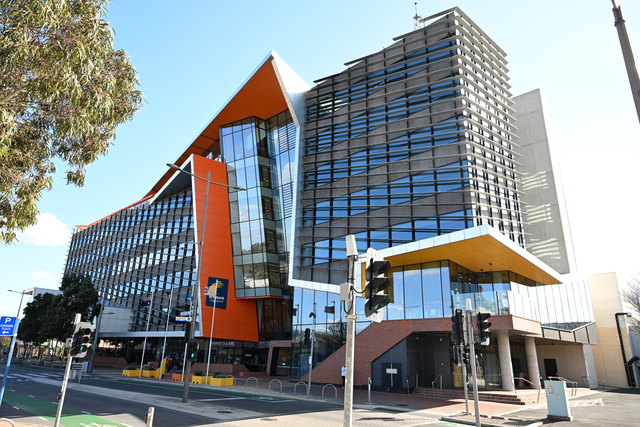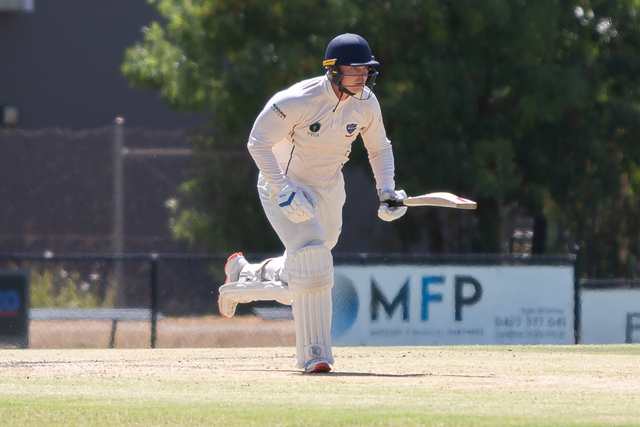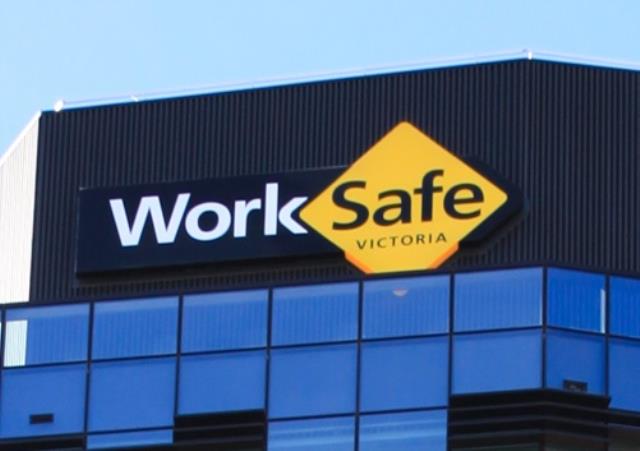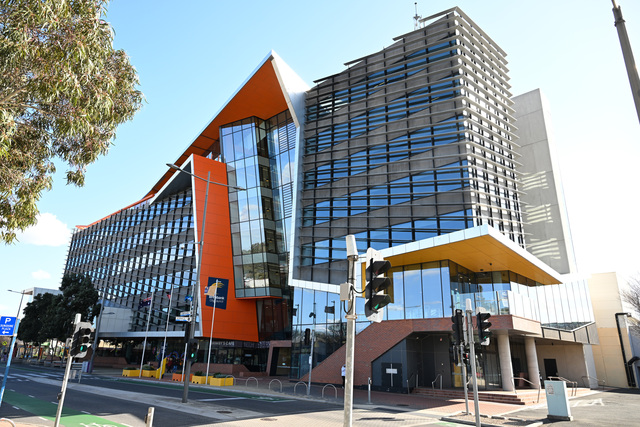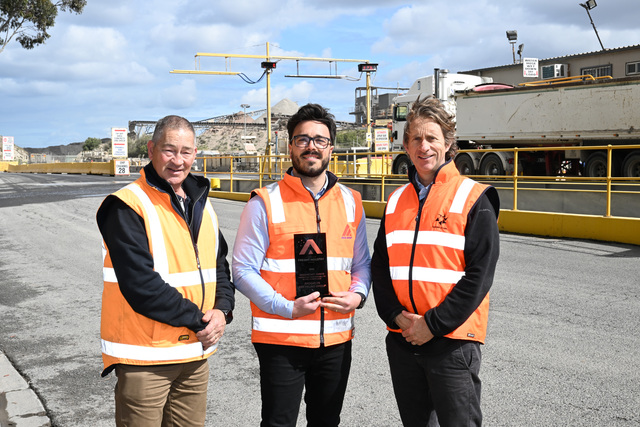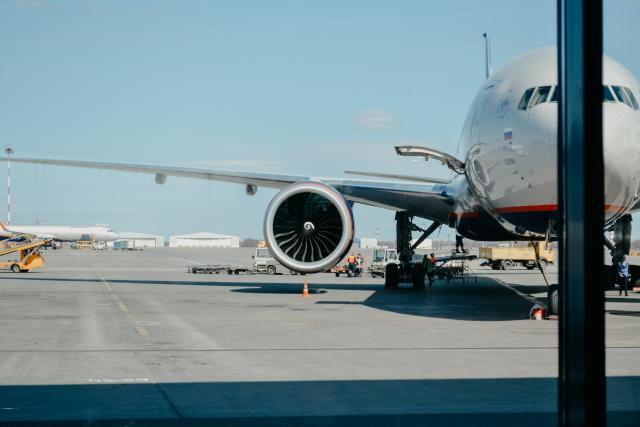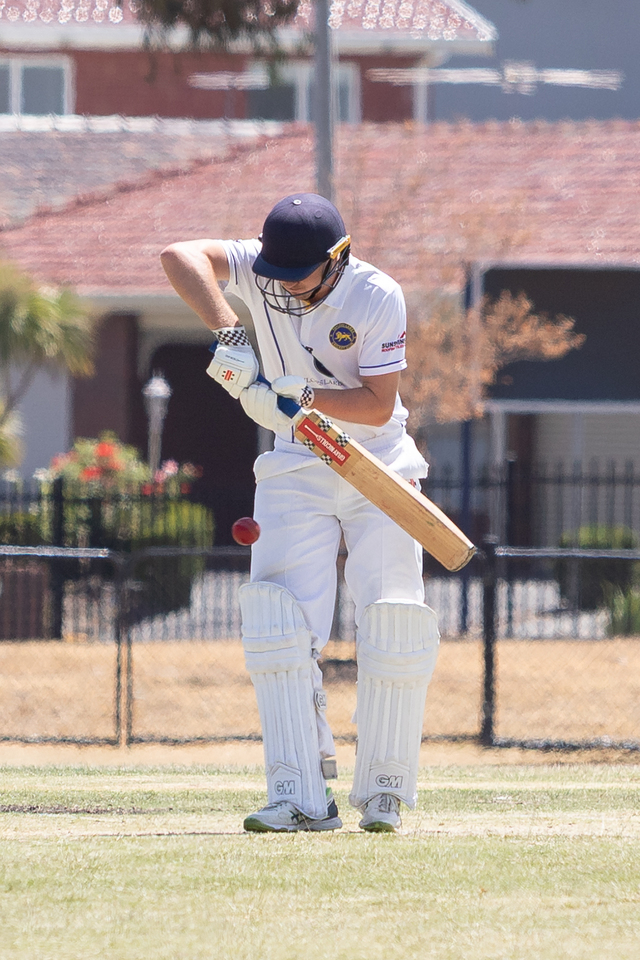Should Labor win the November state election, there is no legal impediment stopping it from tearing up the contract for the east-west link if it is sincere in its opposition to the road project, experts in contract law and public policy say.
Labor has long insisted it is opposed to theeast-west link, connecting the Eastern Freeway to the Tullamarine Freeway. But it has consistently said it would honour any contracts the Liberal government signs.
Dr Nick Seddon, adjunct professor at ANU College of Law and the author of a text on government contracts, told a public forum in Melbourne on Wednesday that the difficulty in tearing up a contract is not so much in damages payable but risk to reputation.
The Napthine government has already committed to reimbursing the project’s unsuccessful bidders up to $12 million for the cost of tendering a bid.
”Let’s assume the new government comes in and shuts down the contract very quickly; the amount of damage will not be very great as long as you rule out the future profits,” Dr Seddon said.
The greatest risk would be reputational – that Victoria could fall foul of investors and credit rating agencies.
”Sovereign risk is really more of a political perception,” he said. ”The legal issue is straight-forward, they can do it. Obviously, it’s going to be very controversial. There is going to be a certain amount of flak, but that flak can be fended off.”
Labor has consistently stated it opposes the Napthine government’s east-west link, but would honour any contract signed before the election, something the Coalition is on track to achieve.
But Bill Russell, a public policy specialist who chaired the Bracks government’s 2000 audit review of government contracts, said Labor’s insistence that cancelling the contract would create an unacceptable sovereign risk was politically expedient.
”It would appear that the opposition has little serious intent on cancelling the project and it’s more in the nature of a fig leaf,” Professor Russell said.
”Really, sovereign risk was drawn from Third World countries where governments are liable to nationalise everything at the drop of a hat, and what’s happened in this country is that politicians have misused it to say that you can’t alter either a contract or an aspect of a contract, even if it’s in the public interest to do so.”
But shadow treasurer Tim Pallas defended Labor’s position, saying that while tearing up the east-west link contract would break no law, it would risk damaging Victoria’s strong credit rating and add to the cost of borrowing. ”We’ve never suggested it’s anything other than a matter that goes directly to investor confidence and the cost of borrowing funds,” Mr Pallas said.
”The view we subscribe to is that it’s a well-accepted practice that future governments accept and honour contracts signed by a previous government.”
He called on the Napthine government to delay signing the contract for the $6 billion-to-$8 billion road – a project the Coalition did not propose at the last election – so the public could vote on the issue.
”The greater risk to the Victorian taxpayer is the government’s declared decision to build an $8 billion road tunnel, and to sign contracts only weeks before the next election,” he said.
But Adam Bandt, Greens deputy leader and federal member for Melbourne, argued that ”Labor no longer has any excuse” not to cancel the contract should it win power.
”Any so-called sovereign risk will be minimised if Labor gives sufficient ‘fair warning’ of their intention,” Mr Bandt said.
The Victorian Greens would insist that Labor rip up the contracts and build the Doncaster rail instead if they won the balance of power in November, he said.
”I will argue strongly that the Greens should only direct preferences to Labor in November’s election if Labor agrees they’ll rip up the east-west contracts.”

